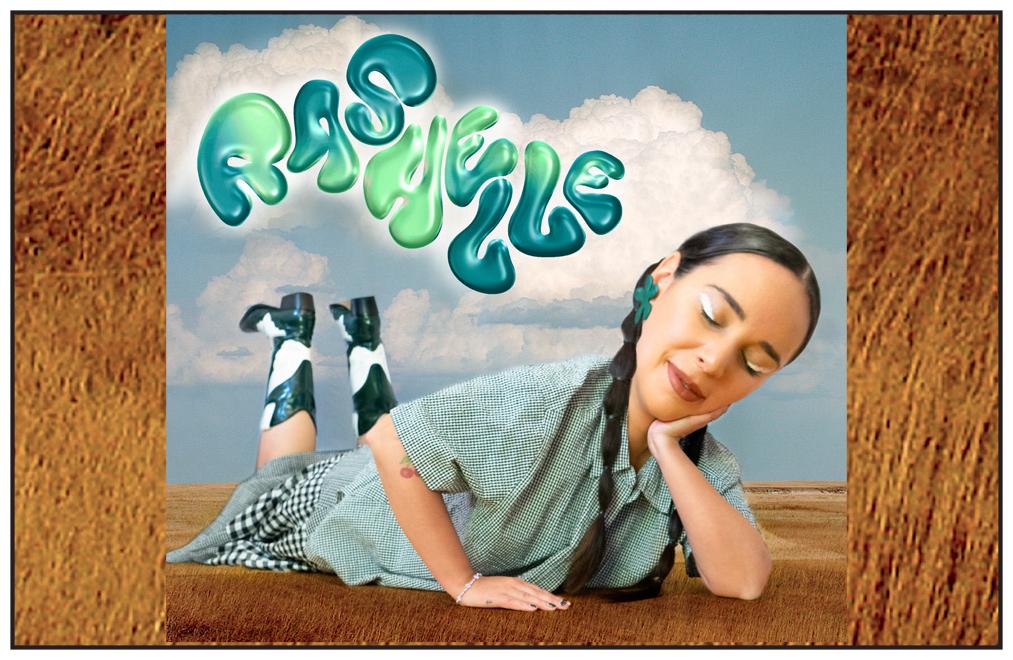Fashion
Indigenous fashion creatives to showcase their work at Toronto festival

The bi-annual Indigenous Fashion Arts Festival will hit the runway at Toronto’s Eaton Centre May 30 to June 2 built around the theme of joy.
From runway shows and a unique market to workshops and teaching sessions, the festival is both a learning opportunity and an event for Indigenous fashion creatives to represent their communities.
“It’s a gathering of global Indigenous people who are all working in fashion, crafts and textiles in some various capacity,” said artistic director Sage Paul. “It’s just a big, wonderful celebration.”
The festival incorporates more than 100 Indigenous artists, designers, makers, brands and pundits from Canada and around the world.
“I think fashion is often tied to fast fashion or often tied to commercial, so I really wanted to be able to give that time to our community to create their work and really put that time into it,” she said. “We live in such a fast society and the things that we’re making can’t be made quickly like that.”
The event also incudes the Fashioning Resurgence Symposium which will be held at Toronto Metropolitan University’s Student Learning Centre. It will feature a series of discussions on issues such as sustainability, grant writing, mindful merchandising and fashion in galleries and museums.
“We present artists from across Canada, from the States, and those worldwide—Ecuador, Indonesia, Greenland, New Zealand—so really shedding a light on the global fashion community,” said Paul.
“We present the business and fashion through really big theatrical runway shows, a marketplace that has over 70 artists, and the designers’ series,” she said.
In 2016, Paul was doing a lot of work in fashion and realized there really wasn’t an outlet to showcase the work of the Indigenous community.
Her first fashion festival was held at the Harbourfront Centre in Toronto. The impact so inspired her she decided to continue the event.
“The amount of community members who came out to support it and rallied behind it really showed us the importance of making a space like this for our community,” she said.
Participant applications are received about two years in advance of the festival and there’s an extensive review process by a selection committee for both the fashion shows and the marketplace.
“We go through reading the applications, and what makes our process different than another kind of fashion event is that we’re not looking for trends … We don’t walk into it with a preconceived idea of, like, ‘this is what we want’.
“We take time to read every single application and read what the vision is of the designer,” said Paul. “That’s where we start to see those territorial kinds of ideas that come through in all of the designers’ work and we start to create a, I guess, a line or a theme of what the festival is going to look like this year.”
Creator Rashelle Campbell, a Nehiyaw Iskwew multidisciplinary designer, was chosen for this year’s event. Her brand Rashelle features textile housewares, fashion and accessories. It’s home décor topped with a twist of 90s pop culture.
“She’s very contemporary and very urban in the work that she’s presenting and the way she’s creating beautiful spaces,” said Paul.
Although Campbell has been creating and selling her items online for a few years, this will be her first time attending a market.
“I’ve always been so in awe of the energy you’re surrounded by,” said Campbell of the market environment. “So many amazing Indigenous talents and creatives.”
Campbell will bring a range of her rugs, table mats, coasters, beaded earrings and airbrushed clothing to the show.
“My rugs are very colourful and abstract,” she said. “My rugs are very much like Austin Powers meets Lizzie McGuire. I use a lot of colourful stories in there. Each rug is imperfect, which I embrace. And I really focus on having each rug being different from another, so you’ll never see the same rug of mine, which is like the main focus.”
Campbell launched her business back in 2020 during the pandemic. At that time she was isolating at home and had really wanted to put energy into her surroundings.
She started looking for a new rug for her living room, envisioning a very colourful symmetrical and abstract piece.
“I seriously couldn’t find any, so at that point I made the decision to just purchase a tufting gun and produce my own rug,” she said.
The self-taught artist said she focused for six months on learning how to make the rugs, only selling them to her friends and acquaintances through her Instagram.
She believes people were drawn to her rugs because they are so playful and soft.
“It’s just really nice to be surrounded by such textual, joyful products, and I truly believe that’s kind of what we were all searching for during that lonely and dark time,” she said.
The feedback was so positive it inspired Campbell to create a rug collection in addition to an online store.
“It sold out within an hour and that was kind of the moment where I was like ‘Whoa, I think I can actually do this and make this into a business’,” she said.
Campbell is looking forward to meeting her customers and other creators from her community during the event.
“I really just wanted to be in an environment of my people, a place that I feel so proud and comfortable with. And I am so in awe of so many creatives that could be at a marketplace that is only just focused on Indigenous talent,” she said. “And I think, since I am only an online store, I never get to meet customers and I never get to have that human interaction. So, I’m really excited to meet the people who are looking at my products.”
For more information on the Indigenous Fashion Arts Festival or to purchase tickets visit Indigenous Fashion Arts – Indigenous Fashion Arts







:max_bytes(150000):strip_icc()/roundup-writereditor-loved-deals-tout-f5de51f85de145b2b1eb99cdb7b6cb84.jpg)


